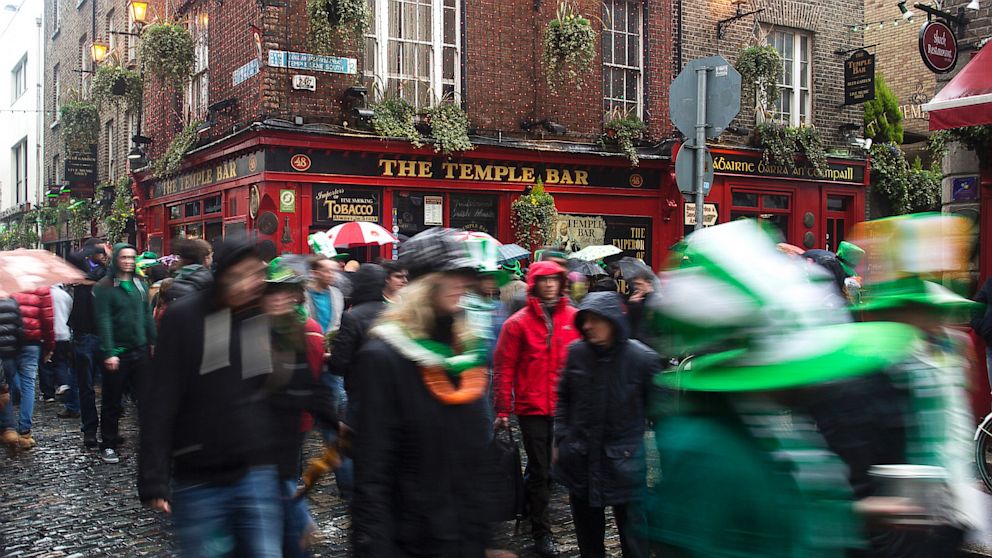Last Call: Crisis Closes Pubs, Mainstay of Irish Society
Some 1,500 have been forced to shut their doors.

Aug. 3, 2013— -- With high unemployment, a surge in emigration and rising beer prices, Irish pubs are getting pinched by the crisis, and some 1,500 have been forced to shut their doors. But one entrepreneur has found a novel way to keep patrons and hold his community together.
A thick fog blankets Kilfynn. Despite poor visibility, Mike Parker steps on the gas. It's half past midnight, and it's been a long day. He can only go to bed once he's gotten John and Dan home safe.
"The two had a few beers in my pub," he says. And it would be "much too dangerous" to let them go home alone and drunk in this weather along the narrow roads that wind through the countryside here in County Kerry, in southwestern Ireland.
Once Mike has locked up his pub at midnight, his second shift begins, driving his patrons back home. On a normal weeknight, he puts in more than 30 kilometers (19 miles) behind the wheel. On the weekend, he can be on the road for up to 2 hours. Kilflynn has about 300 residents, two pubs, two churches, a general store, a small restaurant and a post office.
Out here in the countryside, there aren't any cabs. And even if he orders one from Tralee, the closest city, it takes almost half an hour to show up. In any case, taxis are too expensive for many patrons. So now Mike is offering free rides. "Without this service," he says, "I would've had to close down my pub a while ago because many guests would stay home."
Ireland's economy is in shambles, and the country is stuck in one of its deepest recessions in decades. The government is implementing austerity measures, and average people are paying the price with higher taxes and fewer social services. Many Irish are buried in debt or can't find a job -- or both.
Under these circumstances, they can't afford to spend about €4 ($5.30) on a pint in a pub, buying it instead for roughly half as much at supermarkets or gas stations. With patrons cutting back since the crisis struck some five years ago, more than 1,500 have gone under.
Through Good Times and Bad
Parker is also feeling the effects of the crisis at his pub, which has been in the family for three generations. "Things have gotten quiet," he says, "especially during the week." The local farmers used to stop by before noon for a quick beer, he adds, but now he doesn't even open until around 5 p.m. because nobody would show up before then.
The idea for the ride service was his father's. At first, Mike was only driving a few people home. But now that word of his service has made the local rounds, he says, "some people are coming to me just for that."
Today, the pub is full. It's Thursday, and the local hurling team is playing in the neighboring town and expected to drop by after the match. Parker is sporting one of the team's warm-up jackets, which he wears with pride.
Many people have come to spend time with the team. Men sitting around small tables are talking about the government and the bad weather. In the corner, five young people are getting their instruments out to play traditional Irish songs.
"We grew up here with this music, and we already start learning to play the instruments as children," says 14-year-old Susie Rice. Her violin once belonged to her grandfather. "It means a lot to me to play on the same violin he did," she says.




